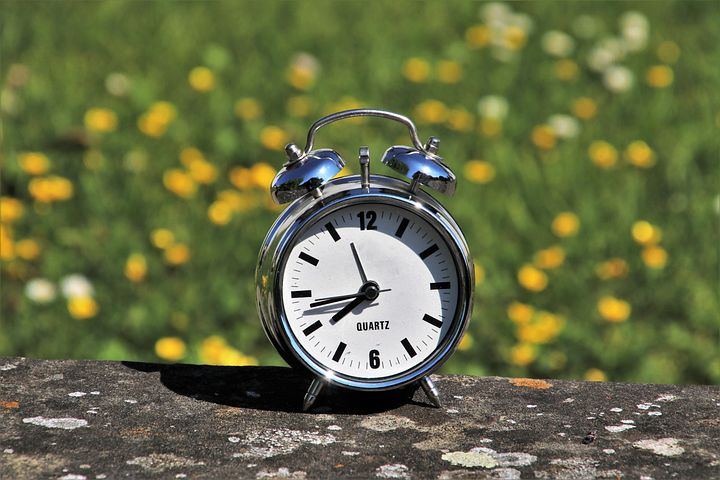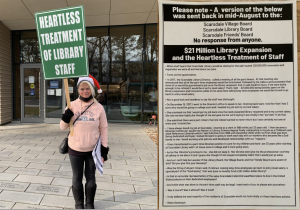Daylights Savings Time; The Age-Old Controversy
The Sunshine Protection Act, passed by the Senate in March 2022, would stop the use of daylight saving time (DST) by making it the standard time.
December 7, 2022
In March of this year, the Senate introduced and passed a bill that would stop the practice of changing our clocks. The bill, known as the Sunshine Protection Act, would stop the use of daylight saving time (DST) by making it the standard time. However, this is not the first time the US government has toyed around with our clocks.
Early civilization adjusted their schedule to account for daylight hours. The US first formally introduced daylight savings time during World War I. Congress enacted The Standard Time Act in March 1918. The act was focused on conserving resources and fuel during the war. During World War II, daylight saving time was once more introduced to preserve energy.
In 1966, the Uniform Time Act was passed, calling for six months of daylight savings time and six months of standard time. In December 1973, an energy crisis caused President Nixon to enact a year-long daylight savings trial. This trial ended after eight months mainly due to an increase in car accidents. Later in 1986, the US adopted a policy of seven months of daylight savings. Then in 2007, The US changed its policy to the eight months we have now.
Since the introduction of DST, controversy has surrounded it. Although Democratic and Republican politicians have both backed the bill, Americans are unable to agree on what should be done. Some of the pros of switching to DST are that it promotes an active lifestyle, is safer, and is good for the economy. However, DST is also expensive, can have negative effects on people’s health, and can decrease productivity. It is important to note that the American Academy of Sleep Medicine believes that it is necessary to stop switching our clocks, as the days following the clock changes often result in increased risks of cardiovascular problems. Further, the belief that DST helps save energy is only partly true, as the amount of energy saved is so tiny that the difference is not an advantage.
So, the age-old question remains, should we be changing our clocks?
































Rune • Dec 9, 2022 at 8:48 am
I love this article!